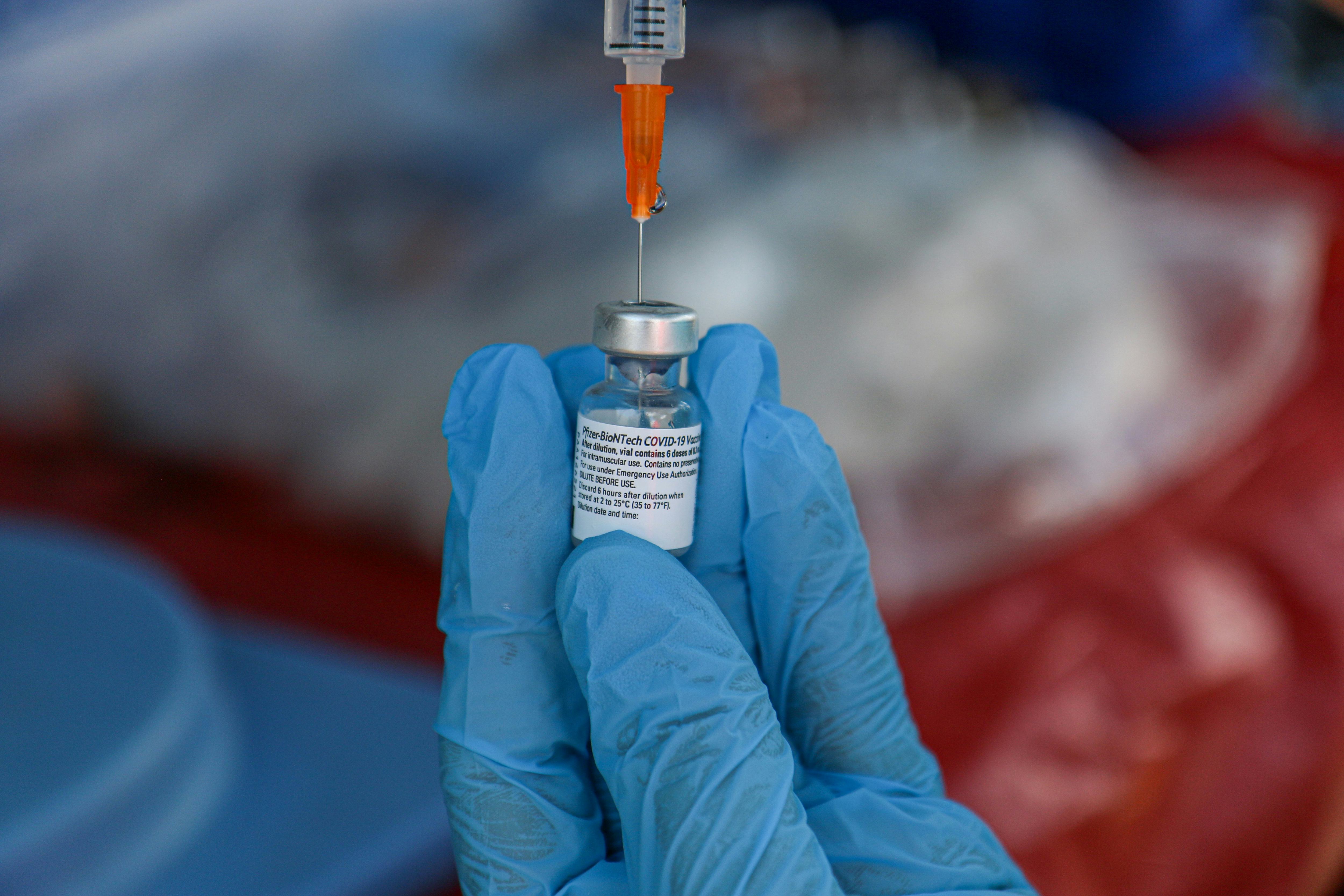
As much as the stutter-stop reopening of the United States may give the impression that the coronavirus pandemic is in decline, the truth of the matter is the global health crisis that's come to define the past few years is hardly over. The ongoing effort to vaccinate a critical mass of the population, coupled with the whack-a-mole process of keeping pace with COVID-19's various variants is in and of itself a likely sign that the virus will be with us — in one form or another — for quite some time to come.
But even while the Biden administration and states around the country push to inoculate everyone currently eligible, some pharmaceutical companies have started to publicly float the possible necessity of booster shots for those who've already received their full dose of the vaccine.
On Thursday drugmakers Pfizer and BioNTech announced plans to publish data they claim points to both the need for, and efficacy of, booster vaccinations to counteract lagging immunity and shore up efforts to contain variant strains of coronavirus. Per the companies:
Initial data from the study demonstrate that a booster dose given six months after the second dose has a consistent tolerability profile while eliciting high neutralization titers against the wild type and the Beta variant, which are 5 to 10 times higher than after two primary doses.
While the prospect of booster doses represents a further wrinkle in an already uphill battle to inoculate a segment of the (largely conservative) population, which is firmly committed to avoiding any sort of vaccination, the Food and Drug Administration and Centers for Disease Control and Prevention quickly responded to Pfizer's announcement to emphatically insist that, no, you do not need a booster shot. At least, not yet.
"Americans who have been fully vaccinated do not need a booster shot at this time," the groups wrote in a press release issued Thursday. "FDA, CDC, and [the National Institutes of Health] are engaged in a science-based, rigorous process to consider whether or when a booster might be necessary. This process takes into account laboratory data, clinical trial data, and cohort data — which can include data from specific pharmaceutical companies, but does not rely on those data exclusively."
As CNN notes, Pfizer's COVID-19 vaccine is the most widely used in the United States, accounting for more than half of the country's 158 million fully vaccinated people. That the company itself is hinting at the need for further shots means a massive portion of the U.S., to say nothing of the rest of the world, could be at risk for waning efficacy of their already-administered doses. And while the FDA and CDC seem adamant that that time hasn't come yet, the groups' statement leaves open the possibility that Pfizer could be correct.
"We continue to review any new data as it becomes available and will keep the public informed," the agencies wrote in their statement. "We are prepared for booster doses if and when the science demonstrates that they are needed."







